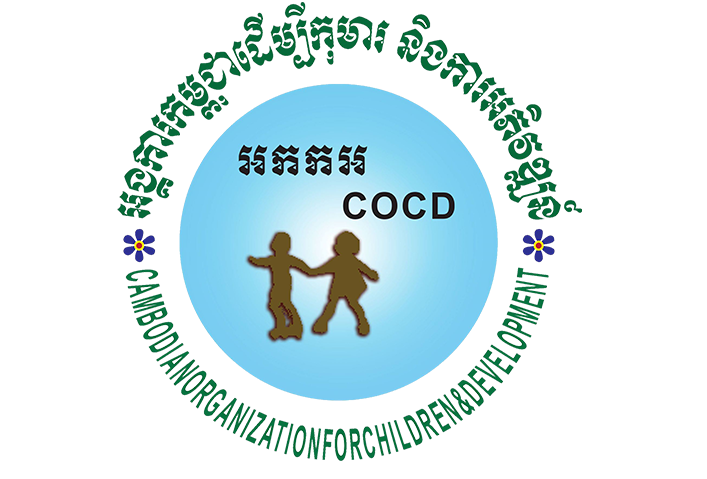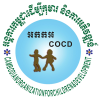Economic Empowerment
Poverty and poor living conditions affect a large proportion of the population living in COCD’s target areas. Key contributors to these issues include a lack of access to capital and agricultural resources, limited fertile land, climate change, lack of employment opportunities, and wealth generation being concentrated in urban areas.
COCD programs aim to address these key contributors to poverty and poor living conditions as they result in devastating consequences for children, including poor health and education, malnourishment, higher vulnerability to exploitation and greater levels of migration.
Our goal is to reduce the vulnerability of children through improved and sustainable socio-economic livelihoods for families and their communities.



